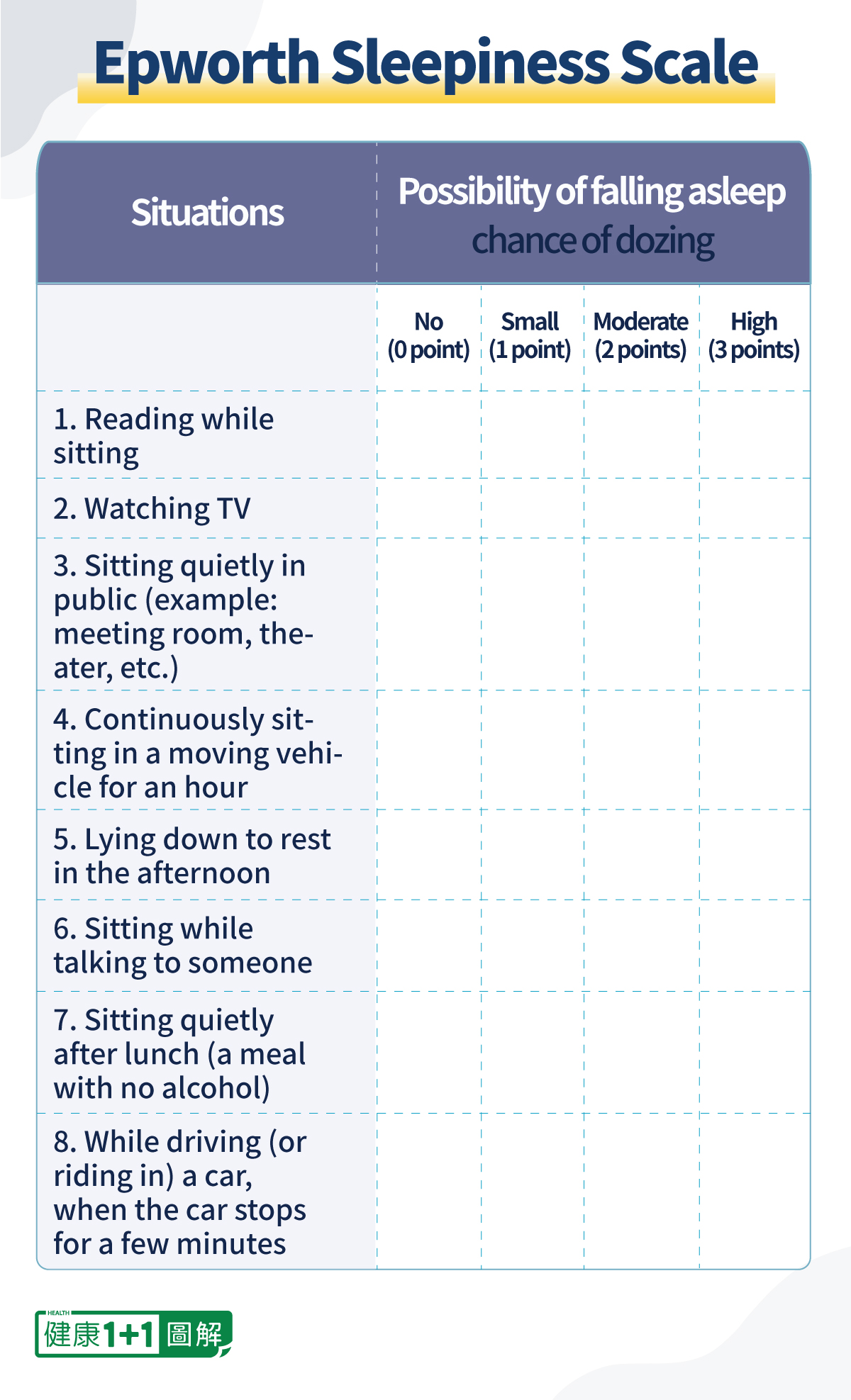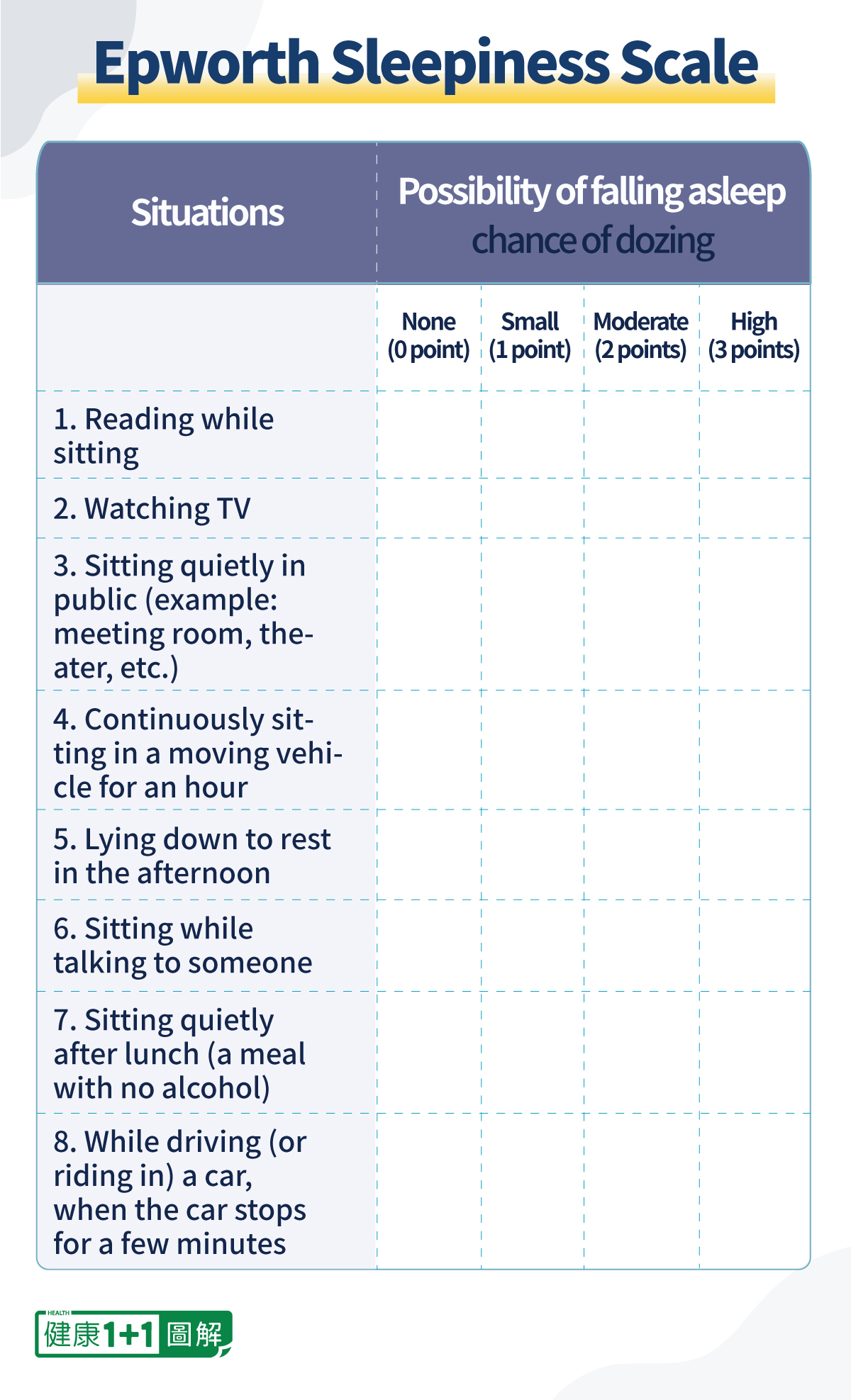Good sleep not only increases your energy and ability to concentrate, but also prevents cardiovascular disease and cancer. But many people may not know whether they’ve slept well or not, or how to improve sleep quality. How can we get good quality deep sleep?
Deep sleep is important. It plays a vital role in the physiological functions of the human body. Deep sleep restores energy, promotes cell regeneration, increases blood supply to muscles, promotes tissue and bone growth and repair, and strengthens the immune system.
Deep sleep is also helpful in preventing dementia. Dr. Lin, Chih Hao, Department of Neurosurgery at Lin Shin Hospital in Taichung, Taiwan pointed out that deep sleep can help consolidate memory and clear the accumulation of neurotoxins or abnormal proteins in the brain to reduce the risk of dementia.
On the contrary, light sleepers or people who wake up frequently at night face both long and short term health risks. A study published in Nature and Science of Sleep in 2017, “Short- and long-term health consequences of sleep disruption,” indicated that:
“In otherwise healthy adults, short-term consequences of sleep disruption include increased stress responsivity, somatic pain, reduced quality of life, emotional distress and mood disorders, and cognitive, memory, and performance deficits.
“Long-term consequences of sleep disruption in otherwise healthy individuals include hypertension, dyslipidemia, cardiovascular disease, weight-related issues, metabolic syndrome, type 2 diabetes mellitus, and colorectal cancer.
“For adolescents, psychosocial health, school performance, and risk-taking behaviors are impacted by sleep disruption.”
Did you sleep well? You can use this chart to help evaluate your sleep quality. With poor quality of sleep, you will still be sleepy throughout the day.


Some people wonder: I don’t have insomnia and I have a normal sleep routine. But I feel lacking in energy, and my physical condition is getting worse.
“Many people underestimate the extent of their insomnia,” said Dr. Lin. “People have a narrower definition of insomnia. They think they sleep every night, so how can it be insomnia?” In fact, some people have poor sleep quality, and they already have some degree of sleep disturbance.
Therefore, you can use the Epworth Sleepiness Scale (ESS) to assess your sleep quality, or to measure the sleep disturbance, so that you could get a sense of how likely you’ll feel sleepy or doze off during the day.
Score < 10: normal
Score = 10-12: mild symptoms
Score > 12: sleep disturbance; may consider seeking medical attention
Melatonin is the Secret to Deep Sleep
When night comes, the pineal gland of the brain begins to secrete melatonin. Melatonin can reduce body temperature and regulate the center of the biological clock—the suprachiasmatic nucleus, making people drowsy.
High melatonin secretion, as well as low body temperature, are both prerequisites for entering deep sleep.
The secretion of melatonin reaches its highest level from 3 a.m. to 6 a.m., when the body temperature is the lowest, which is also when deep sleep can be achieved.
Dr. Lin pointed out that the human body needs melatonin to relax. If you want to secrete more melatonin at night, bathe in the morning sun and help adjust your biological clock back to normal.
“Get some sunshine in the morning, let your brain know that ‘morning is here,’ the body will adjust the biological clock, and automatically secrete melatonin in the evening; one to two hours before going to bed (9 p.m. to 11 p.m.), melatonin secretion will gradually increase and it makes people want to sleep.”
If you don’t sleep when it’s time to go to bed, check if you are still engaging with digital products/screens close to bedtime. The bright light inhibits the secretion of melatonin and will confuse the biological clock.
Melatonin also has other regulatory effect son the human body—it affects the reproductive system, endocrine system, immune system, central nervous system, and many metabolic processes.
You should adopt regular work and rest times. Many people tend to get up late on weekends and holidays in an attempt to “catch up on sleep” but the correct approach is to sleep no more than one hour more than on work days to avoid confusion in the biological clock.
8 Tips for Creating an Ideal Sleep Environment
Creating an ideal sleeping environment can also help you get into deep sleep:
1. One to two hours before going to bed, dim the lights in the room to increase the secretion of melatonin.
2. In hot weather, you can lower the temperature of the bedroom first to improve comfort and keep the environment tranquil.
3. Perform a bedtime ritual. Doing something regularly before going to bed indicates that the body needs to relax; for example, yoga, meditation, or applying lotions. Dr. Lin explained that many people may not sleep well because they are very tired after a long day of work, but their bodies do not know how to shut down.
4. Reading can slow down your brain waves, so you can read something relaxing, such as short articles, before going to bed; but don’t engage in long stories or publications that would require your brain activity.
5. Do stretches to gradually relax the muscles.
6. Do abdominal breathing to help relax. Count to four when you inhale; and count to eight when you exhale, forcing your abdomen to exhale all the air. Lin pointed out that there are parasympathetic nerves on the diaphragm, which function to relax the body. Abdominal breathing can stimulate the parasympathetic nerves to slow down the heartbeat, it helps to relax and enter a deep sleep.
7. If you have the habit of taking a bath at night, you should do it one hour before going to bed to avoid exciting the brain due to the hot bath.
8. When going to bed, it is recommended not to turn on a night light. A dark environment is the best for sleep. However, some elderly persons may want to keep a night light to be able to get up safely in the middle of the night if they need to use the bathroom.
In addition, Dr. Lin stressed that a lot of conventional wisdom revolving around sleep holds true: Don’t eat too much at night, drink less water, don’t drink caffeine and alcoholic beverages, and don’t smoke, and it’s best not to use mobile phones one hour before going to bed, so that you can enjoy a good night’s sleep.

No comments:
Post a Comment